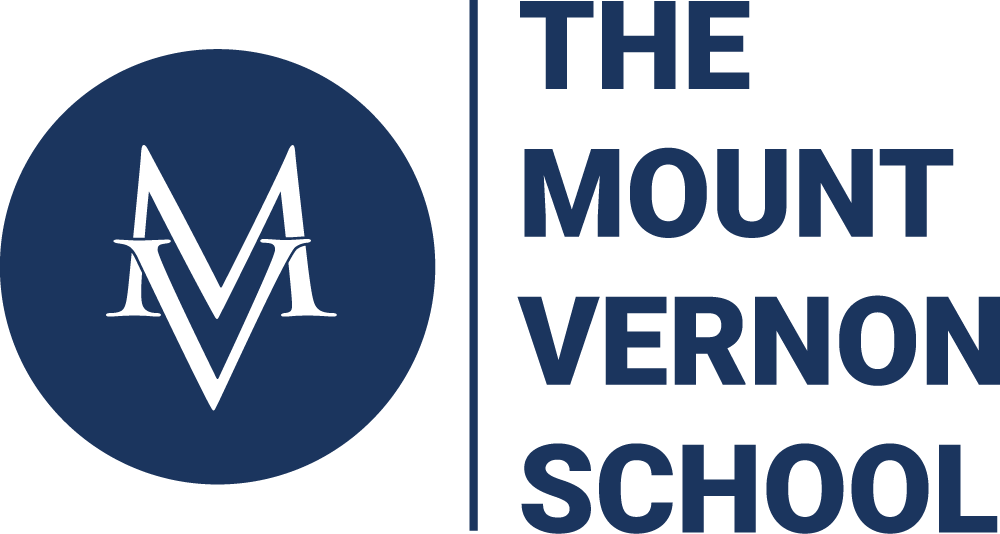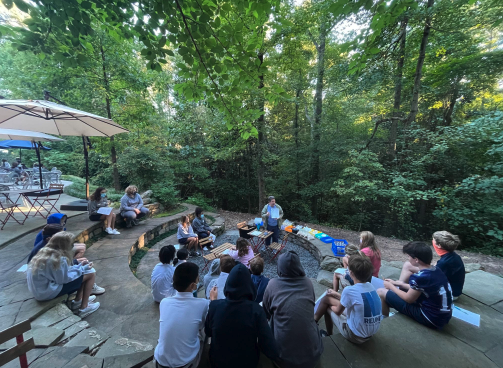Recently, students in Grade 6 completed a design sprint as part of their water unit in Humanities. The question for this Design Thinking Challenge – How might we design a solution for water filtration?
Students were able to work with a Community Expert, Amy Warnock from Fulton County Water, and complete an I used to Think…Now I think Visual Thinking Routine to show what they learned from the Community Expert.
When talking with their Expert, students learned about water scarcity and physical water scarcity as well as how we access clean water from our faucets and the role of the Chattahoochee River, Lake Lanier, and the water treatment system.
Grade 6 Humanities Teacher Mary Ann Stillerman shared, “This project is part of a handful of culminating activities for our unit of study around the book A Long Walk to Water, which includes the story of a girl, Nya, who has to walk for miles to access and carry water to her family.”
They asked questions that would later aid them in their design sprint, which included a 5 step process: Discover, Define, Idea Exchange, Design, and Deploy/Reflect.
For the Discover phase, students reviewed their notes, questions and wonders from their interview with Amy Warnock. Next came the Define stage, where students began to distill their discovery down to defining the problem as it relates to water filtration. Students then took as many post-it notes as they could and generated ideas for a possible solution to effective water filtration.
Then came the Design stage. Students were able to view the materials they were given to sketch their first design. The materials included: filters, rocks, sand, rubber bands, sticks, and cups. For their final stages, students were able to create multiple prototypes and reflect on which prototypes worked best to filter dirty water.
Additionally, in this unit, students learned about pollution and the impact it has on people’s lives. Bringing our design driver of real life experiences to life.
Every single MV norm was present as students looked for solutions to filter dirty water. There was space to fail up, have fun, start with questions, share the well and assume the best as they worked and collaborated with those in their groups. There were cheers and outbursts of, “we have clean water!”.
Water is a main theme for humanities in Grade 6 this year, and their next unit will be focusing on hydroelectricity.
Thank you to the G6 Humanities teachers for creating this Inquiry-Based Learning experiences for all of the Grade 6 students.





